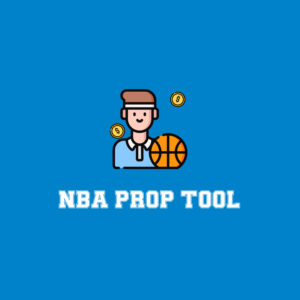
With the Kentucky Derby fast approaching, it is a good time to get into the basics of horse betting. We did a show this week with OptixEQ, one of the leading handicapping services in the horse racing industry. John and Emily of OptixEQ went through each horse in the race and gave you their thoughts on the chances of winning and hitting the board to round out exactas and trifectas. If this all seems like a foreign language to you, have no fear. The idea of this article is to give you a crash course on horse race betting so that you can join in the fun on Derby day. Here are all the ways you can attempt to make a score Saturday.
Straight wagers
Win — Betting a horse to win means exactly what you think it does. The Derby is a large field with about 20 horses that will be running assuming no late scratches occur. The fact we have 20 options to wager on should help spread out the odds. A win bet pays out on whichever horse wins the race. It is as straightforward as it gets when you talk about horse betting.
Place — A place bet does not pay out as well as a win wager would, but you get two chances to cash your ticket. A place bet means you get paid if you horse comes in first or second place. Like all things in life, the more risk you take, the bigger your potential reward. Playing a place bet carries less risk than a win bet because you get paid not only if you horse comes in first, but also if your horse comes in second. Two horses getting paid out of one place betting pool means they have to split the money in that pool, so the payout is going to be lower than the win pool where the only horse that pays out is the one who wins.
Show — A show bet is a bet on your horse placing first, second or third in the race. To keep with the theme here, a show bet is less volatile than a win or place bet. Again, taking less risk means winning this bet more often, but taking less risk also means you get paid less for winning your bet.
Across the board — You may hear the term “across the board” at a racetrack — that is a combination of a win, place, and show bet on the same horse. The rules mentioned above still apply, but theoretically you can cash all three of those wagers if your horse wins the race. If he comes in second, you cash the place and show bets and obviously coming in third would only pay off for the show bet wager of your across-the-board play.
Exotic wagers
Exacta — The exotic wagers are the ones a lot of players like to take, because this is where you can really start getting some huge payouts. An exacta is a bet where you have to pick the first- and second-place finishers in that exact order of finish. Picking a winner is hard, but picking the top two finishers is even harder — hence, the more risk you are taking here will lead to a higher payout if you are right. An exacta pool has every combination of horses in the race eligible and each combination has a different payout depending on how many other players also bet that combination to come in. The more tickets on a certain combination will cause the payouts per ticket to drop. The fewer combinations, the higher the payout. If you want a massive payout in any exotic pool, you likely have to forego the chalkiest horses and catch a few with bigger odds. The bigger the odds, the less likely the horse is to come near the top of the board though, so this is where the risk vs. reward argument comes into play. You won’t make a ton of money betting on the chalk horses with low odds, but you will have a better chance of winning. Balancing payouts and win potential is the name of the game in horse betting.
Trifecta — Trifectas are the sweet spot for many bettors. This is a pool where you have a chance to win and if you win it tends to pay handsomely. A trifecta requires you to pick the exact finishing order of the first-, second- and third-place horses in a race. On a normal racing day with 7-10 entries, it is tough to do. A 10-horse race has 720 potential trifecta combinations you can make. In a 20-horse race like the Derby, you have over 6,000 potential trifecta combinations. If you are lucky enough to nail the right three horses, you can expect to be handsomely for it.
Superfecta — This is one of the toughest bets to hit, but also even more lucrative than the trifecta if you do. A superfecta requires you to choose the top four horses in the race and hit them in the correct order. We regularly see these bets pay out a number with a comma in them and you can theoretically see five- and six-digit payouts if you get a longshot or two that sneaks into the top four.
Boxing vs. straight wagers — I want to mention the idea of boxing here and how it changes your betting. Trying to nail the top three horses is hard enough, but doing it in the exact order is damn near impossible. One way bettors try to hedge the risk here is by boxing the horses they like. It works the same way that boxing does in your state lottery. By boxing a group of horses, you are saying you do not care what order they finish, because boxing them means you are actually making multiple bets on each combination of those horses. On an exacta box for example, you may include the 2 and the 3 horse. A straight wager of $10 on the 2-3 would require the 2 to come in first and the 3 to come in second for you to win. If 3 beats 2, you get nothing. For the same $10 bet (in a manner of speaking), you can box the 2 and the 3 horse, so that the finishing order does not matter. Of course, you are now making two bets instead of just one. That means your bet is now going to either cost you $20 to play $10 on each combination or you have to cut the size of your bet in half to $5 in order to keep it at a total investment of $10. Boxing three horses in a trifecta really means six tickets instead of one and doing the same for a superfecta is 12 tickets. Therefore, if you want the coverage of all the combinations it either costs you a lot more to make those bets, or you have to lower your bets per combination in order to keep your boxed wager within your same budget. These things can pay out hundreds to thousands of dollars for even a $2 wager, but obviously playing a straight wager for $12 pays out more than having $12 boxed and hitting the right combination for just a $2 bet. By definition, boxing a bet means you will have some losing tickets, as only one of the combinations you make can be the winner. Again, here you are limiting your risk, but by doing so you also limit your potential payouts. I am not saying one way of doing it over the other is better. It depends on your risk tolerance and your goal. If your goal is to make a huge score, then straight wagers for higher dollar amounts on a single outcome make more sense to get there. If your goal is to try to cash a bet and make a smaller profit, then boxing is probably the better way to go. You have more chances and more combinations, but your bet size is smaller so you will not be making a life-changing score like you could if you hit the exacta, trifecta or superfecta with a straight bet that is much larger.








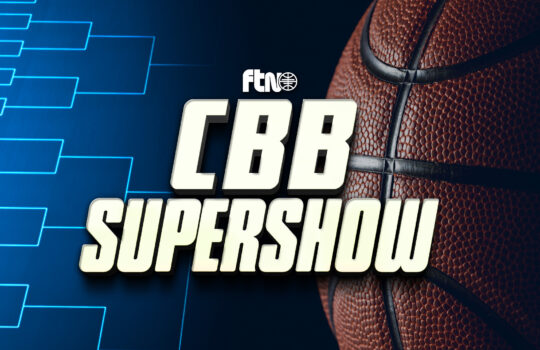













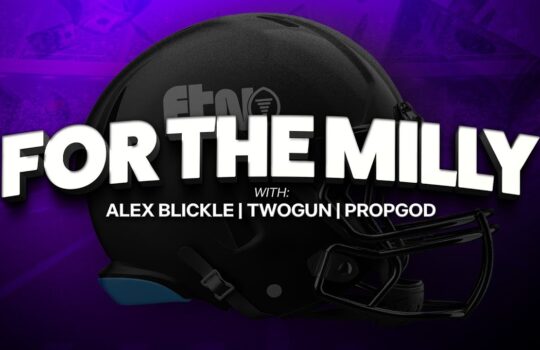










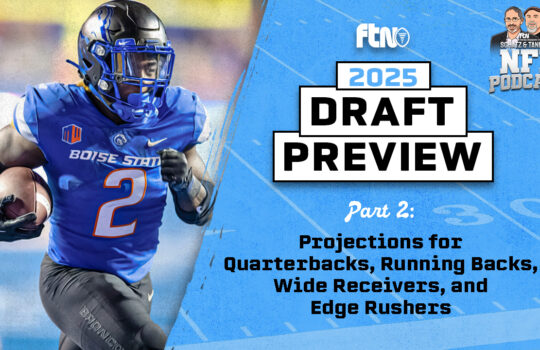

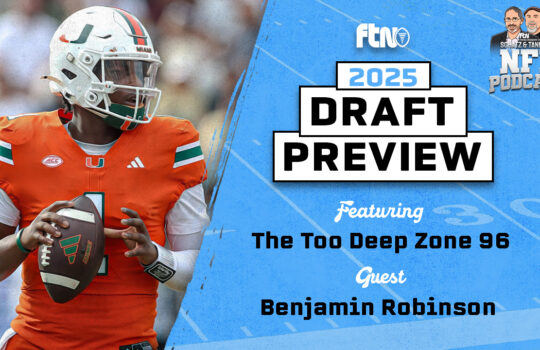
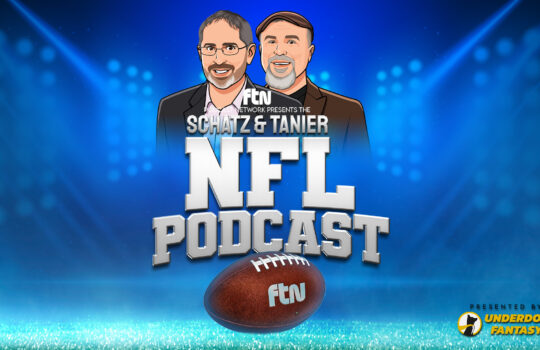




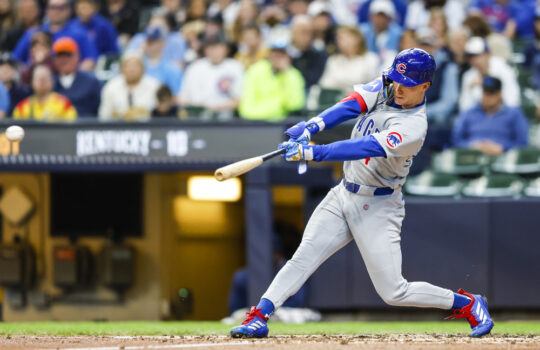








 New York Jets
New York Jets  New England Patriots
New England Patriots  Miami Dolphins
Miami Dolphins  Buffalo Bills
Buffalo Bills  Pittsburgh Steelers
Pittsburgh Steelers  Cleveland Browns
Cleveland Browns  Cincinnati Bengals
Cincinnati Bengals  Baltimore Ravens
Baltimore Ravens 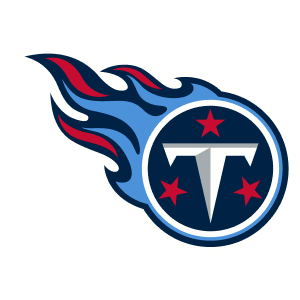 Tennessee Titans
Tennessee Titans  Jacksonville Jaguars
Jacksonville Jaguars  Indianapolis Colts
Indianapolis Colts  Houston Texans
Houston Texans  Las Vegas Raiders
Las Vegas Raiders  Los Angeles Chargers
Los Angeles Chargers  Kansas City Chiefs
Kansas City Chiefs  Denver Broncos
Denver Broncos  Washington Commanders
Washington Commanders  Philadelphia Eagles
Philadelphia Eagles  New York Giants
New York Giants  Dallas Cowboys
Dallas Cowboys  Minnesota Vikings
Minnesota Vikings  Green Bay Packers
Green Bay Packers  Detroit Lions
Detroit Lions  Chicago Bears
Chicago Bears  Tampa Bay Buccaneers
Tampa Bay Buccaneers  New Orleans Saints
New Orleans Saints  Carolina Panthers
Carolina Panthers  Atlanta Falcons
Atlanta Falcons  San Francisco 49ers
San Francisco 49ers  Seattle Seahawks
Seattle Seahawks  Los Angeles Rams
Los Angeles Rams  Arizona Cardinals
Arizona Cardinals 

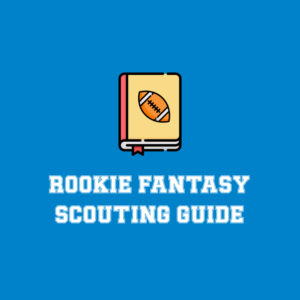






 Boston Celtics
Boston Celtics  Brooklyn Nets
Brooklyn Nets  Philadelphia 76ers
Philadelphia 76ers  New York Knicks
New York Knicks  Toronto Raptors
Toronto Raptors  Chicago Bulls
Chicago Bulls  Detroit Pistons
Detroit Pistons  Milwaukee Bucks
Milwaukee Bucks  Cleveland Cavaliers
Cleveland Cavaliers  Indiana Pacers
Indiana Pacers  Orlando Magic
Orlando Magic  Atlanta Hawks
Atlanta Hawks  Charlotte Hornets
Charlotte Hornets  Miami Heat
Miami Heat  Washington Wizards
Washington Wizards  Denver Nuggets
Denver Nuggets  Minnesota Timberwolves
Minnesota Timberwolves  Oklahoma City Thunder
Oklahoma City Thunder  Portland Trail Blazers
Portland Trail Blazers  Utah Jazz
Utah Jazz  LA Clippers
LA Clippers  Golden State Warriors
Golden State Warriors  Los Angeles Lakers
Los Angeles Lakers  Phoenix Suns
Phoenix Suns  Sacramento Kings
Sacramento Kings  Dallas Mavericks
Dallas Mavericks  Houston Rockets
Houston Rockets  Memphis Grizzlies
Memphis Grizzlies  New Orleans Pelicans
New Orleans Pelicans  San Antonio Spurs
San Antonio Spurs 


